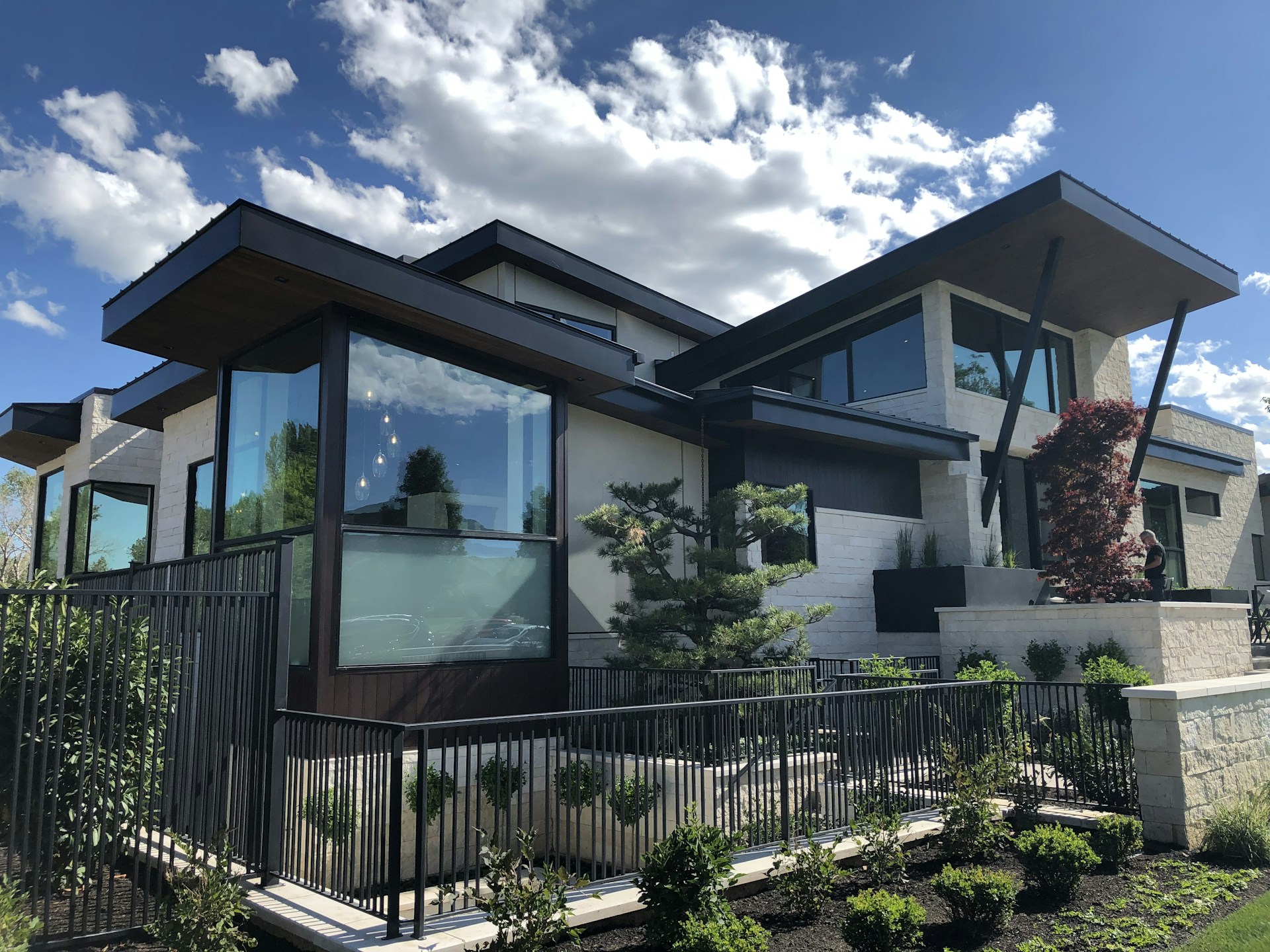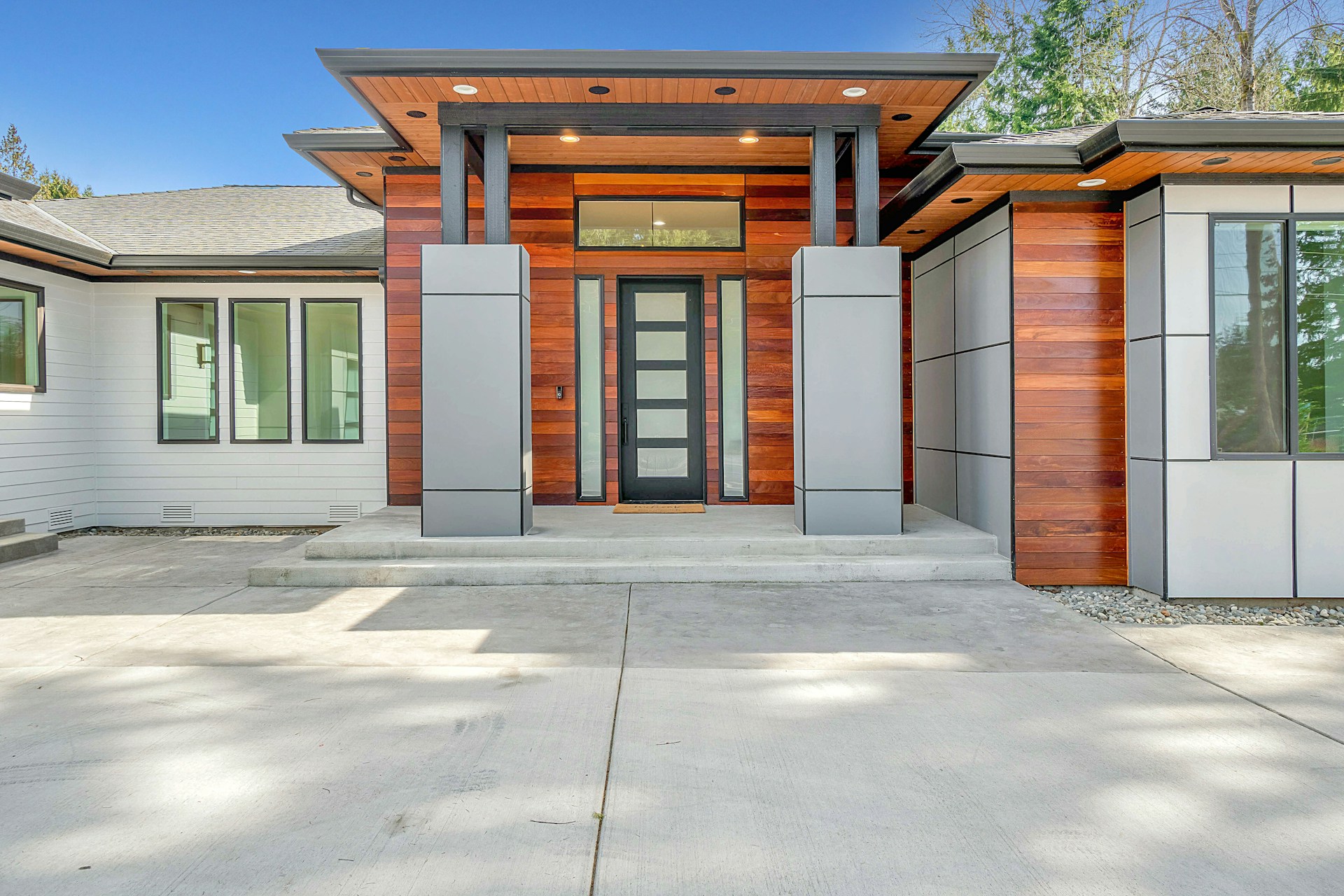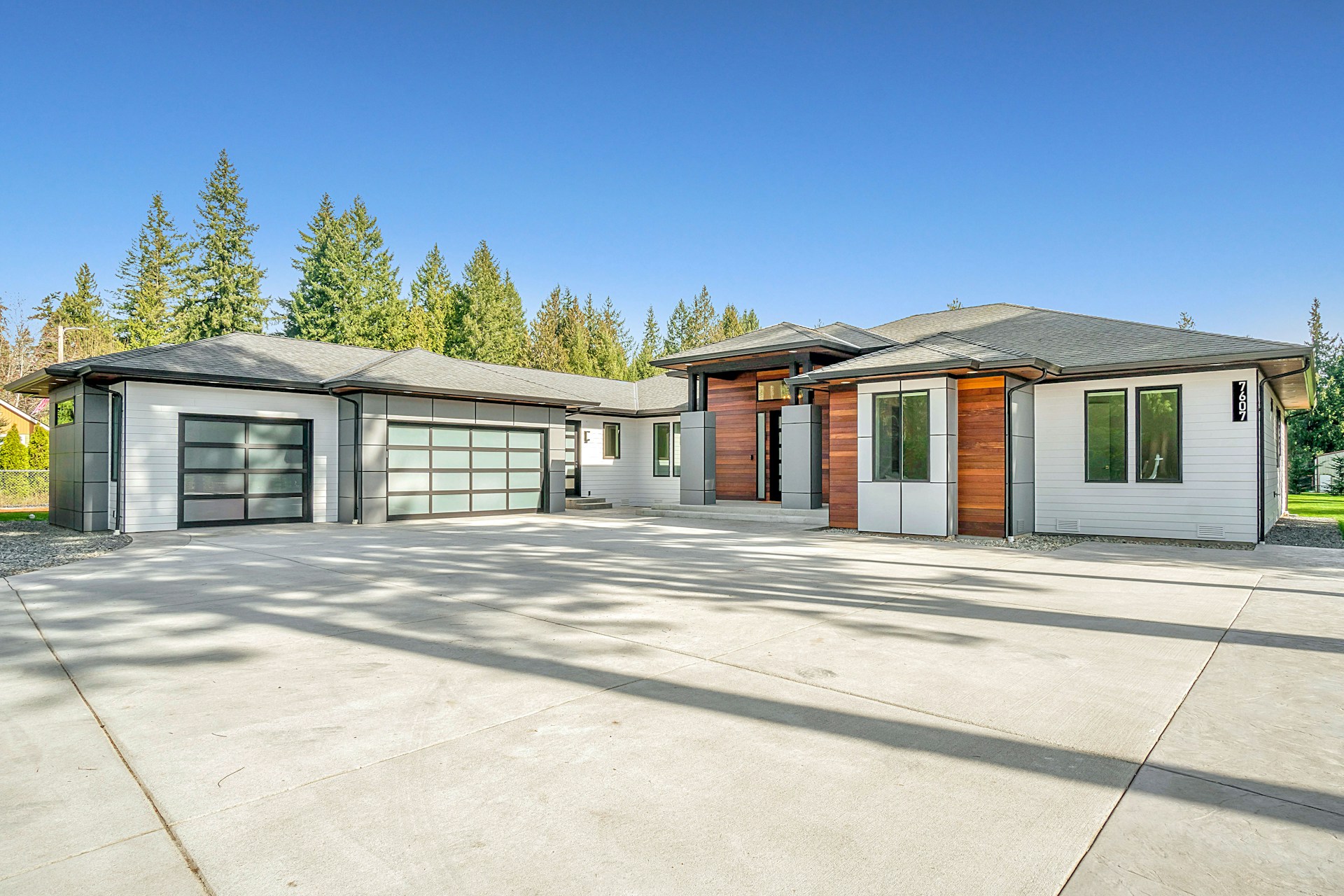A jumbo loan can come in handy when you have set your sights on a pricey home that requires you to borrow more than what is allowed by the conforming loan limits. Therefore, if you’re looking to buy a home in a high-cost living area, consider the following jumbo loan info.
First, you must understand that mortgages aren’t a one-size-fits-all offering, and jumbo loans aren’t an exception. In essence, a jumbo loan refers to a home loan that surpasses the baseline amounts set by Freddie Mac and Fannie Mae.
Given that the agencies mentioned above haven’t set up an upper limit for these loans, your lender can determine the maximum amount they can advance you. Below is a detailed look into these loans, their limits, and the corresponding jumbo loan closing costs.
Jumbo Loan Limits 2023: What You Need to Know
The reality is that any homeowner who needs to borrow a substantial amount to purchase a high-priced home will need to apply for a jumbo loan. Make sure to arm yourself with as much information as possible before approaching any lender.
When Does a Home Loan Become a Jumbo Loan?
As mentioned in the introduction, a jumbo loan refers to a home loan that’s too high for Freddie Mac or Fannie Mae to guarantee. These two are government sponsored-enterprises that purchase qualified loans from mortgage providers and set mortgage underwriting terms.
Any loans these two lenders can purchase from a lender are called ‘conforming loans.’ Lenders tend to view them as safer investments than jumbo loans, and most borrowers can easily meet their minimum requirements.
Given the sharp rise in home prices recorded in 2022, the FHFA has responded to this by raising the conforming loan limits for 2023. But you should note that the amount you can get before the loan is classified as a jumbo loan will depend on your location.
Areas such as San Francisco are classified as expensive areas and will thus attract higher limits. For those who are concerned about meeting the strict lending requirements put in place by jumbo loan lenders, these new limits can make the going much easier.
For 2023, the conforming loan limits are as follows:
- $726,200 is the maximum for a single-family home in most places
- High-cost locations attract a maximum limit of $1,089,300. These are places where single-family homes tend to attract higher prices than other areas. According to the FHFA, high-cost areas have a local median home value of more than $726,200.
Jumbo Loan Limits: Are the Limits the Same for All States?
Rather than vary by state, jumbo loan limits typically vary according to the counties in the said states. To establish whether you need to apply for a jumbo loan, start by considering the particular state where you want to buy a home.
Remember, the amounts that qualify as a jumbo loan in one county may appear different in the neighboring county, except for Alaska and Hawaii. The jumbo loan limits are the same in these two states, no matter where you choose to settle down.
Jumbo Loan Requirements – What’s Needed to Qualify?
When comparing a jumbo loan to a conventional one, you should note that qualifying for a bigger loan package can be more challenging. The critical thing to note here is that you’re borrowing more money, and you need to assure the lender that you can pay it back.
Although all jumbo loan lenders are different, below are some of their typical requirements:
- Cash Reserves: A lender may want to see that you have a sizable amount of cash saved up in your current and savings accounts. Be prepared to prove that you have enough money to cover at least six months of your mortgage payments.
- Credit Score: The minimum credit score required for this loan will depend on your chosen lender. However, most will require a rating of 700 or higher. For conforming loans, the minimum scores range between 620 to 640.
- Debt-to-Income Ratio: Whenever the issue of the debt-to-income ratio arises, it’s always best to ensure that it’s as low as possible. Most lenders prefer working with applicants with a DTI ratio of less than 43%.
- Manual Underwriting: Almost all jumbo loans are underwritten manually, which means that the lender doesn’t feed them into a computer system, as they do with conventional loans. In this case, an underwriter (actual human) will personally go through your financial information before deciding on how much to advance to you.
- Appraisals: The lender will need to obtain a property appraisal to confirm its value. They will then use the information collected during the appraisal to ascertain that the value of the property qualifies for a jumbo loan, and to help them in calculating the loan-to-value ratio.
Why Jumbo Loan Limits Matter
All conforming loan limits are set by the FHFA, whose job is to oversee Freddie Mac and Fannie Mae. These two entities usually buy the biggest portion of all home loans issued in the U.S. and then resell them to investors on the secondary market.
Conforming loan limits are needed to ensure that more borrowers have access to home loans. Their presence means that a lender can sell them to the GSEs, helping to reduce their risk if a borrower cannot repay a loan.
Loans issued outside the conforming limits, e.g., jumbo loans, attract more risks.
What’s the Meaning of a Jumbo Loan Rate?
In the last few years, the jumbo loan rates have become lower than the rates offered on conforming loans. While this is good news to some borrowers, you should understand that this wasn’t always the case.
As you may have guessed, the rates you get for a jumbo loan are tied to your credit score, just like with every other type of home loan. A lender can use a compensating factor, e.g., a higher income, to offset any deficiencies they have noticed on your credit profile.
It’s a truth that’s more common in jumbo loans than in other government-backed mortgages.
Jumbo Loan Benefits
Choosing a jumbo loan to help finance a high-end home comes with several benefits:
- Multiple Types of Mortgages
With the jumbo loan, you’ll be able to choose from varied loan programs. For example, you can select a jumbo mortgage having an adjustable rate or go for a 30-year fixed-rate loan. These options allow you much-needed flexibility in your repayment terms.
While most government-backed mortgages don’t offer this option, VA loans are a notable exception to this rule. The VA does provide a jumbo VA loan to eligible active-duty personnel and qualified veterans.
- Higher Home Purchase Prices
A jumbo loan may become your best and only option when looking at homes with a starting price of $ 1 million or higher. These loans will allow you to buy that home that you can’t afford to buy using a conventional loan.
It can also give you a leg up on your competition when a bidding war erupts. Lenders have designed these loans to facilitate buyers to finance homes and properties located in real estate markets that are highly competitive.
Downsides of a Jumbo Loan
As noted earlier in this jumbo loan closing costs guide, these loans are much harder to qualify for than the conforming loans. They are known to carry higher risks, forcing lenders to set stringent borrowing requirements.
Their downsides include the following:
- Larger Down Payment Requirements
Although their rules can vary from one lender to the next, these loans usually have higher down payment requirements. Lenders require that a borrower pay the full 20% down payment instead of the 3% allowed for conforming loans.
Sometimes, a lender can go as low as 15%, depending on the circumstances.
- Potentially High Mortgage Interest Rates
Jumbo loans tend to carry higher interest rates than conventional loans as they are considered riskier by lenders. In a typical lending market, their interests may be up to 0.375% higher than that of a conforming loan.
On the other hand, a rising rate environment, such as the one being experienced right now, may see jumbo mortgage rates being lower than those of conforming loans. Therefore, if the timing is right, you may find yourself securing a better rate than conforming loan borrowers.
- Higher Credit Score Requirements
Jumbo loan applicants must have a good credit profile to qualify for a jumbo loan. The biggest disadvantage of these loans is that your credit score must be higher than 720. You also need to monitor your debt-to-income ratio closely.
Why Do Conforming Loans Have Limits?
The maximum limits set out by the Housing and Economic Recovery Act of 2008 were meant to ensure that mortgages were widely available to borrowers. It’s a fact that also holds for the rules put in place for adjusting the maximum limits.
Jumbo loans are known to exceed these limits, which makes them non-conforming loans. Mortgage providers classify them as risky offerings as Fannie and Freddie can’t guarantee them. In short, they stand to lose a lot if a borrower defaults on the loan.
When it comes to the maximum limits for a jumbo loan, the individual lender determines this based on their in-house loan offering criterion. If you’re in the realm of a jumbo loan, you can borrow as much as the lender will allow.
What to Know When Looking for a Jumbo Loan
While these loans are widely available, not all the jumbo loans you find will be the same. For example, some providers might cap the maximum at $2 million, $4 million, or even $10 million. It all depends on your credit profile and the lender in question.
Just as it’s recommended to compare various lenders when applying for a conforming loan, you may want to do the same for a jumbo loan. If possible, enlist the help of a mortgage broker who can assist you in finding options that fit your specific needs.
As you conduct your search, remember that interest rates have consistently risen across the entire real estate landscape in the last couple of years. Make sure to use a mortgage calculator to estimate how much you’ll be paying on your jumbo loan.
Is A Jumbo Loan Right for You?
Armed with this information on the prevailing jumbo loan closing costs, you may want to take some time to determine if this is the best option for you. Start by considering whether you meet its basic requirements and can handle its extra costs.
If you have suddenly found yourself in the market for a larger home, the chances are that you may need to consider getting a jumbo mortgage. Therefore, as you search for an ideal home, ensure you keep an eye on the existing jumbo loan limits.
Consider talking to a jumbo loan expert to help guide your borrowing decisions.
Frequently Asked Questions
When Does a Home Loan Become a Jumbo Loan?
The FHFA has set $726,200 as the maximum limit for conforming loans in most areas of the U.S. except for Alaska, Hawaii, and San Francisco, whose limit is $1,089,300. Please note that the limitations mentioned above are for single-family homes.
What Are the Jumbo Loan Benefits?
A jumbo loan allows you to buy higher-priced homes and properties. It also enables you to use multiple mortgages, which you may find helpful when trying to offset competition from other interested buyers.
Why Do Conforming Loans Have Limits?
They have limits to ensure that more U.S. residents can afford a single-family home. These limits assist in reducing the risks taken on by a lender, especially when a borrower defaults on a mortgage.






